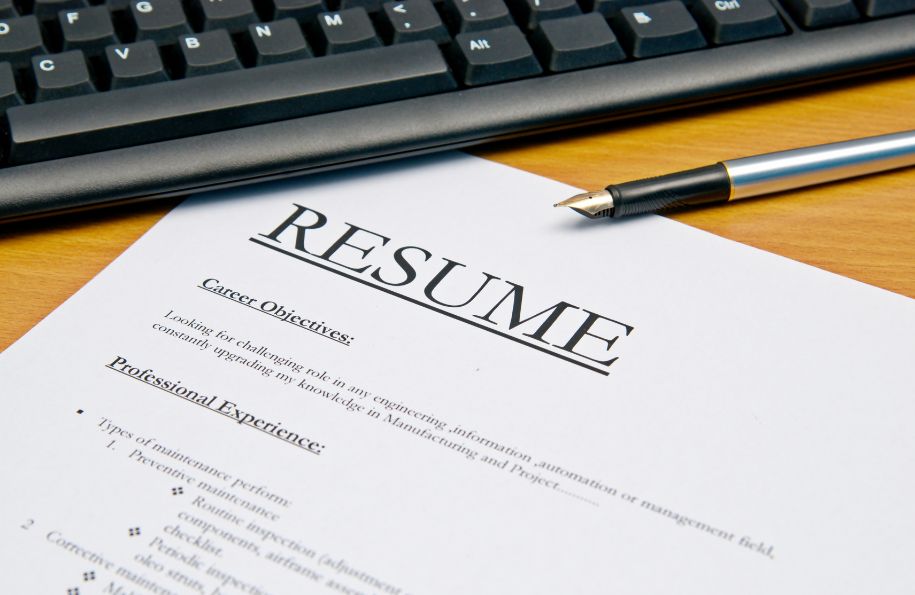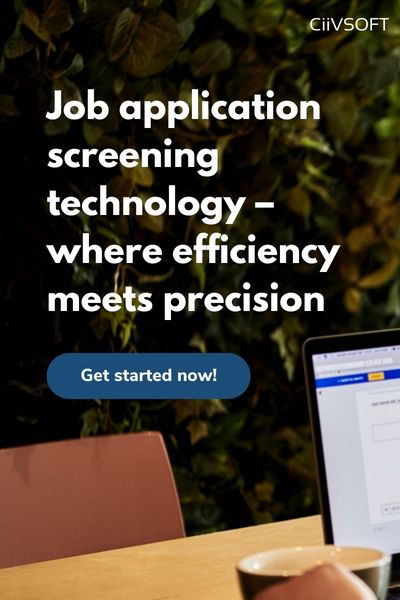Slow hiring can be a result of; a lack of resources, tight budgets, a skills gap and a long or complicated recruitment process. But for whatever reason, slow hiring can be damaging for business. Not only are the consequences of this impacting the employer but also the candidate.
Take a look at the potential effects this can have on a talent acquisition strategy:
Dropout increase
The loss of talent can occur for multiple different reasons. However the time it takes to hire can be a contributing factor in increasing dropout rates. The more time it takes to get through the hiring process the more likely a candidate will be to give up and abandon their application. This is because some candidates are impatient and unwilling to wait for an opportunity (that they feel is not worth the delay in securing a new job). And instead will look further afield, for roles with a shorter application process. This can significantly affect the company’s potential to make great hires and means they can risk losing out on candidates to competing businesses.
Off-putting
Candidates, like most of us, can become increasingly frustrated the longer something takes. Their negative thoughts and emotions during the hiring process can escalate quickly when they feel the application process is taking longer than necessary.
To help reduce the risk of a negative candidate experience, engagement is key. Think about informing the job seeker from the start about the length and complexity of different recruitment stages. Consider providing an outline timescale to prevent any uncertainty and to increase candidate retention.
Bad for brand
Brand perception is a vital component for any business. Which for the most part, is formed on the value of experiences, opinions and beliefs that distinguish an organisation. Therefore in terms of hiring, a time-consuming process has the power to affect the job seekers overall satisfaction. If they’re less than satisfied with the time it takes to hire, it can hinder a companies brand and business as a whole.
There’s also a risk that future candidates can become aware of an employer’s slow hiring reputation and become reluctant to apply for a role within that organisation.
A sign of things to come
If a company is this slow when it comes to hiring, what’s it going to be like working for them? This could be perceived as an indication of what’s to come…
Potential hires could think twice about accepting a job offer based on their fear the role will lack good management and organisation due to their negative perception formed from their own personal hiring experience.
Productivity down
Are hiring professionals utilising their potential and skills if they’re feeling stretched within their role? More than likely the answer is no. They’ll spend more time trying to complete tasks with haste rather than investing full focus into hiring the best possible candidates. The never-ending pile of candidate CVs awaiting review is an added pressure some recruiters face and is a contributing factor to slowing the hiring process down even further. If this isn’t completed on time, employers face a backlog of CVs and may feel tempted to rush the critical review stage, only selecting a few applicants, in an attempt to speed up the hiring process. This can significantly reduce quality and consistency whilst increasing the risk of missed opportunities.
Revenue lost
Increased time-to-hire means more money spent. According to Glassdoor, the average employer spends about £3,000 and 27.5 days to hire a new worker. So the longer this takes, the higher the costs and time it takes to secure a new hire. Sometimes these financial consequences can cause employers to settle into offering a position to a candidate who may not be the best fit for the role. But the expenses of starting over and slowing down the hiring process further can be considered too great a risk for the business financially.
Slow hiring can affect many aspects of the hiring process and lead to adverse implications for both the recruiter, employer and candidate. So when hiring for your next vacancy consider these factors first to help ensure an efficient talent acquisition strategy.
We want to hear your thoughts! Lets us know in the comments below or on Twitter @CiiVSOFT.








